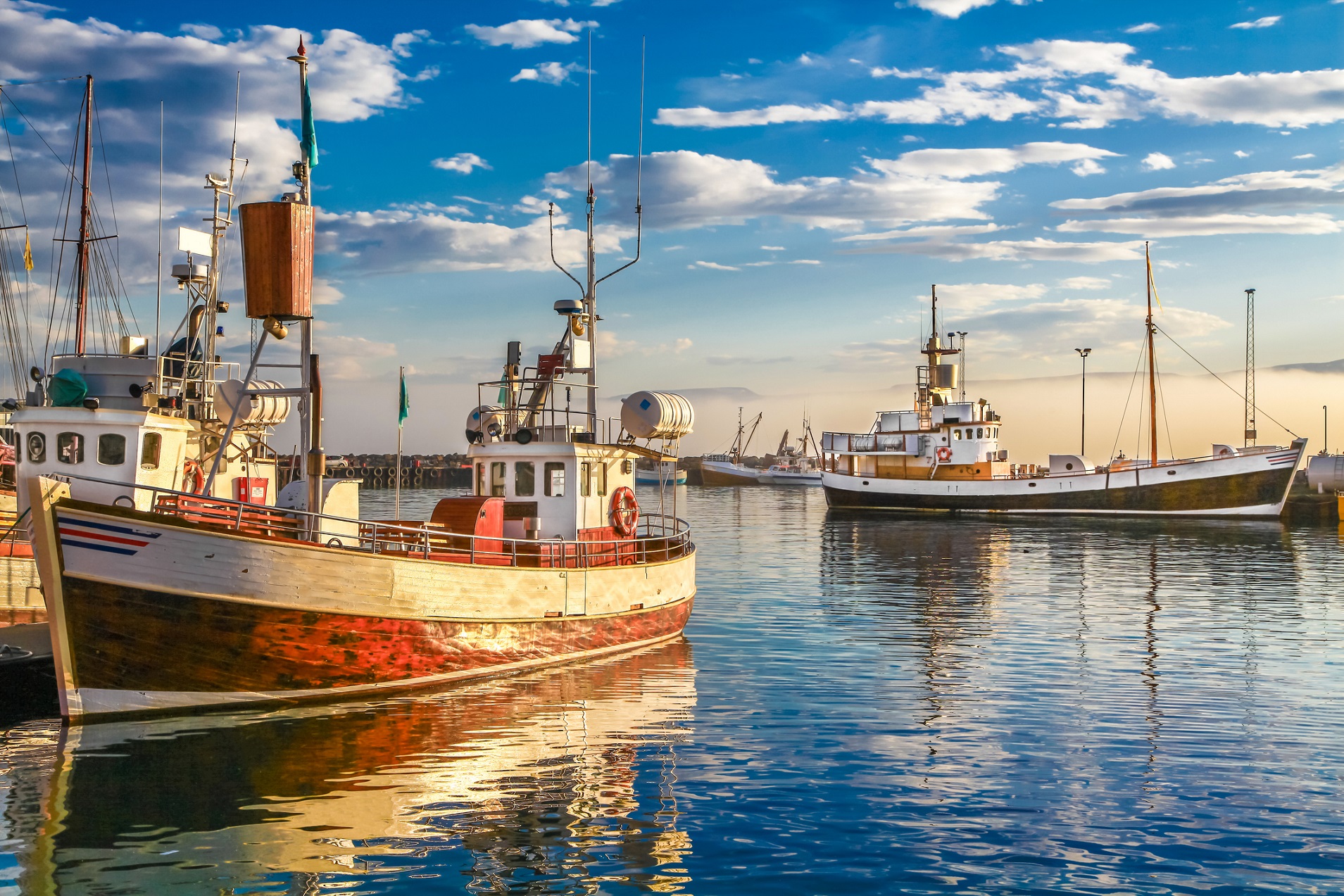The ocean covers seven tenths of the earth’s surface, and yet unlike land it largely remains a wilderness, with little of it cultivated or sensibly managed. It has enormous potential. A 2009 report for the World Bank by Professor Ragnar Arnason and other leading experts, The Sunken Billions, estimates that economic losses in marine fisheries resulting from poor management, inefficiencies, and overfishing add up to at least US$50 billion a year.
The reason is of course that the ocean is for most purposes a commons, where the absence of private property rights to its fish stocks and other resources predictably leads to wasteful exploitation.
At about the same time, in the early 1980s, two small countries, Iceland and New Zealand, both islands out in the ocean, however hit on what can be regarded as the best, or the least bad, solution to the ‘tragedy of the commons’, as overexploitation of open-access resources is often called. It is a system of individual transferable quotas, ITQs, in the fisheries. My book on Green Capitalism goes into the depth on the matter.
The idea of ITQs can be put simply. An open-access fishery would expand until no more profit was to be reaped from an additional boat. This would mean that this fishery would end up by having many more boats than would be necessary to maximize the total possible profit from it. In a sensible management scheme, the task would therefore be to reduce the number of boats in the fishery down to the point where there would be the most profit.
In Iceland and New Zealand, this was achieved (gradually and with some missteps) by restricting the rights to harvest fish to those who already had assumed the risk of investing and the toil of operating in the fisheries: the existing fishing vessel owners. Each of them received a right to harvest a certain proportion of the total allowable catch in the stock they had been harvesting, and their right, or quota, was based on catch history: If the vessel owner previously had harvested 3 per cent of the total catch, then he or she now received a right to harvest 3 per cent of the total allowable catch.
Since the quotas were individual, each vessel owner knew precisely how much he or she were allowed to harvest over the season, so he or she could concentrate on trying to minimize cost instead of overinvesting in effort to catch the fish before someone else did.
Since the quotas were transferable, in a slow and peaceful process of transactions they were transferred to those who valued them most, and who presumably were best at harvesting fish. Those who wanted to leave the fishery did so by selling their quotas, and the foreseeable end result was that effort, or the number of boats, was reduced down to the point where there would be the most profit.
Moreover, the behavior of the fishing vessel owners, the quota holders, would change. Now they would begin to regard the resource, the fish stock in which they held ‘shares’, as something to be protected, conserved. In Iceland, for example, the Association of Fishing Vessel Owners has cooperated closely with marine biologists and the authorities in setting total allowable catches in individual fish stocks prudently. By taking the resource into custody, they have become its custodians. The Icelandic fisheries are both sustainable and profitable.
An important reason why this could be accomplished was that initial allocation was on the basis of catch history (what is sometimes called ‘grandfathering’). The reduction of effort was therefore brought about by the owners of fishing vessels trading with one another, some buying out others, instead of government trying to reduce the number of boats by auctions or taxes or other measures. Those who left the fishery were bought out by other members of the fishing community, not driven out by government.
The ITQ system is not perfect. It is essentially a system of extraction rights, not full property rights. Nevertheless, it amounts to the enclosure of a commons and it is therefore a step in the right direction, towards utilizing the enormous potential of the ocean for the benefit of mankind. New technology will undoubtedly further facilitate such utilization, if not hindered by government or special interests.
This first appeared in Vocal Europe.

